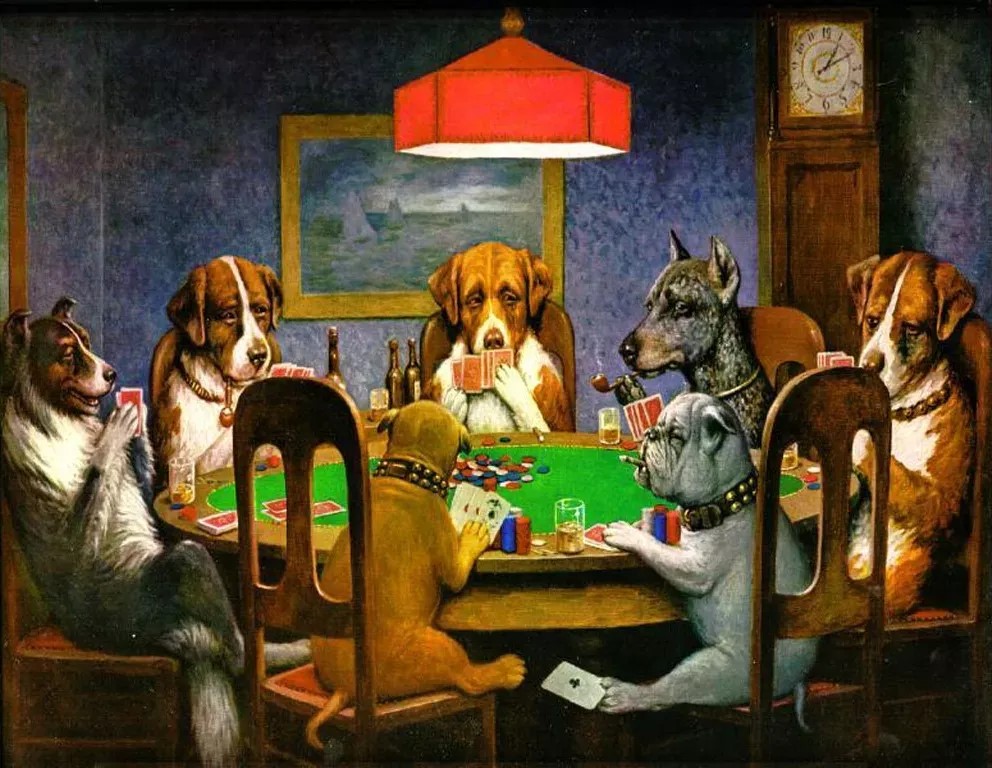By Steve Roth Wealth Economics Imagine a five-player poker game. Assume all the players have equal skill, so the flows across the table over the course of the game are just a random walk. “It’s just how the cards fall.” All the players start with the same number of chips. But there’s one difference: four of the players don’t have any more assets/money to buy new chips. If they lose all their chips, they’re out. The fifth player has unlimited assets. No matter how much or how often they lose, they can always buy more chips and stay in the game. If the game continues indefinitely, the fifth player will always at some point end up with all of the other players’ chips, just due to the random flows across the table. I’ll leave the
Topics:
Steve Roth considers the following as important: politics, random flows, US/Global Economics
This could be interesting, too:
Robert Skidelsky writes Lord Skidelsky to ask His Majesty’s Government what is their policy with regard to the Ukraine war following the new policy of the government of the United States of America.
Joel Eissenberg writes No Invading Allies Act
Ken Melvin writes A Developed Taste
Bill Haskell writes The North American Automobile Industry Waits for Trump and the Gov. to Act
by Steve Roth
Wealth Economics
Imagine a five-player poker game. Assume all the players have equal skill, so the flows across the table over the course of the game are just a random walk. “It’s just how the cards fall.”
All the players start with the same number of chips. But there’s one difference: four of the players don’t have any more assets/money to buy new chips. If they lose all their chips, they’re out.
The fifth player has unlimited assets. No matter how much or how often they lose, they can always buy more chips and stay in the game.
If the game continues indefinitely, the fifth player will always at some point end up with all of the other players’ chips, just due to the random flows across the table.
I’ll leave the implications of this to the thoughts of my gentle readers.
Image: Cassius Marcellus Coolidge, A Friend in Need, 1903. Photo via Wikimedia Commons.

